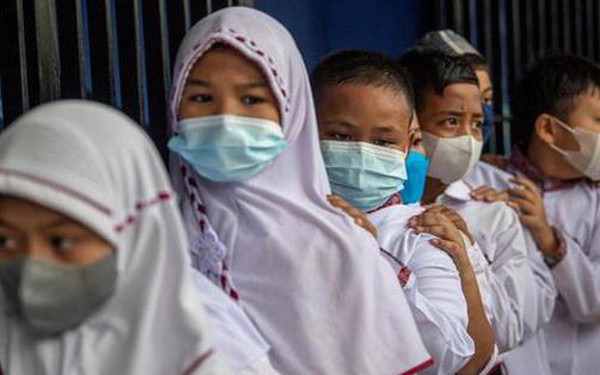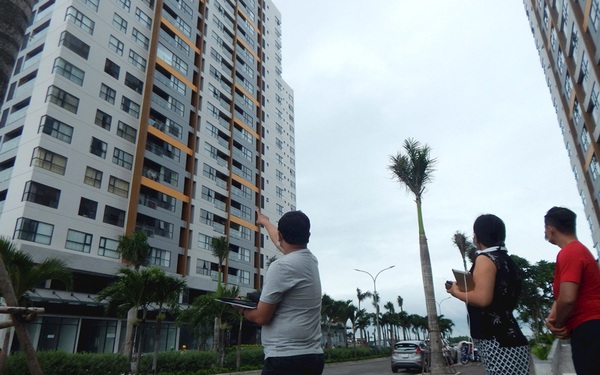Export ban to fight inflation, but price increase is not due to lack of supply
With the assessment that the price of chicken, a key dish of the people of Islam, has increased sharply due to a lack of supply, the Malaysian government has decided to ban the export of this food until the end of May 2022. The decisions are intended to combat inflation that has driven up prices for many food products, but they have raised suspicions among some economists because there’s a whole story behind them.
Inflation is not caused by a shortage of chickens
The SCMP newspaper said that the ban on chicken export will cause 3.6 million chickens per month to be supplied to the domestic market instead of abroad. The move comes after Prime Minister Ismail Sabri Yaakob had an emergency meeting with his cabinet on how to deal with the current day-by-day inflation in Malaysia.
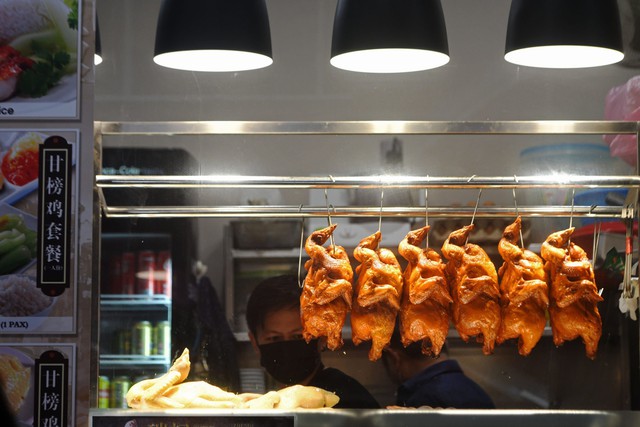
In fact, the story of restricting food exports to ensure social security and fight inflation has appeared in many parts of the world. Most recently, India ordered restrictions on sugar and wheat exports, while Indonesia also restricted the sale of palm oil abroad. About 30 countries around the world have also issued similar restrictions.
Returning to the chicken story of Malaysia, some major consumer markets such as Singapore, Thailand, Japan, Brunei… have been affected by this ban. Singapore Food Agency data shows that poultry imported from Malaysia, mainly chicken, accounted for 34% of the country’s poultry imports, second only to Brazil with 48%.
However, although it is considered a move to deal with inflation, some economic experts doubt the effectiveness of the ban. Economic expert Nungsari Ahmad Radhi told “This Week in Asia” that the country’s chicken and egg production is more than enough to supply both domestic people and foreign exports. Therefore, supply is not the main cause of current inflation.
“Exports are not the reason for the current price hike. Inflation is in fact due to the fact that the price of animal feed has increased by 70% since the Ukraine conflict broke out, while this item is 100% imported. from abroad,” emphasized expert Nungsari.
The current chicken feed in Malaysia is mainly made from imported corn and soybeans, but the conflict in Ukraine has limited the supply of these ingredients and raised the cost of farming. Please note that Russia and Ukraine account for 20% of the world’s grain exports.
“The high cost of animal feed will lead to an increase in chicken meat, and it has nothing to do with a lack of supply or export,” Nungsari said.
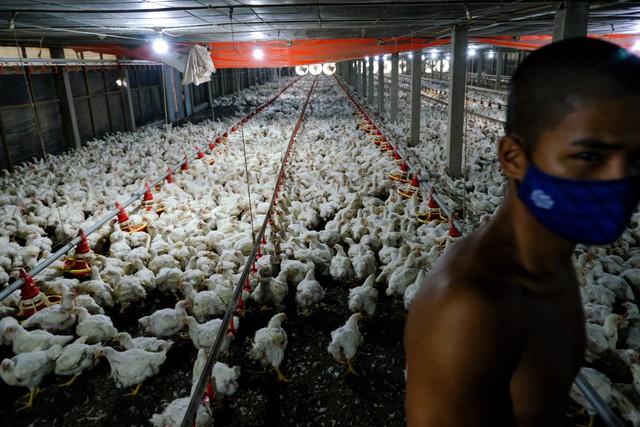
Speculation
Before the strong price increase, the Malaysian government had to lower the ceiling price of chicken from 9.1 Ringgit/kg to 8.9 Ringgit/kg, equivalent to about 2 USD. At the same time, Malaysia also had to declare support worth 729.43 million Ringgit, equivalent to 165 million USD to support farmers who suffer when they have to sell below the ceiling price.
However, so far, the government has only disbursed 50 million ringgit after the agriculture ministry had a meeting with 12 major chicken meat producers.
Lawyer Steven Sim said these figures prove that there is speculation and manipulation of the chicken market in Malaysia when the price ceiling is imposed but the producer does not need to receive much support.
Malaysia’s StraitsTimes reported that in some markets such as Taman Tun Dr Ismail, the price of chicken is sold at 9.5 Ringgit/kg, exceeding the ceiling price but no one manages it and both buyers and sellers accept this. .
“Don’t criticize me, how can sellers like us be profitable with a ceiling price of 8.9 Ringgit/kg when the purchase price is already 8.7 Ringgit/kg?”, a butcher Chicken asked to remain anonymous in response to the StraitsTimes.
Meanwhile, SCMP said that the situation of chicken meat being manipulated in Malaysia is due to manipulation by large producers, limiting supply for the reason of lack of animal feed to speculate on price increases. Immediately, the Malaysian government announced an investigation and pledged to punish anyone who affects people’s lives.
In addition, the Malaysian Ministry of Agriculture also said that chicken producers are not interested in the government’s support because they want to fight for the removal of the ceiling price so that the market can trade freely. supply and demand.
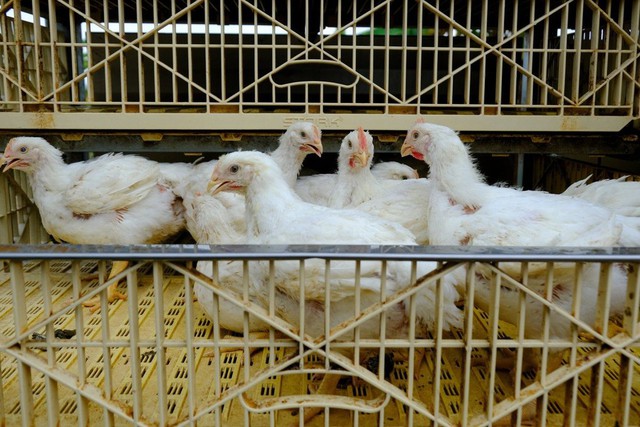
Hafidzi Razali, an analyst at consulting firm Bower Group Asia, said that the government’s support is only temporary, while negotiating to remove the price ceiling will bring long-term benefits to manufacturers. Chicken is dominating the market.
Meanwhile, expert Yani Hardinata Hairuddin of Safina Foods said that many small farms or small households are reducing the number of poultry to lower costs, thereby reducing losses when doing business with current price ceiling.
“People are reducing the number of chickens raised to reduce damage and find new ways out. Farmers are simply trying to survive,” said Hairuddin expert.
*Source: SCMP, Straits Times
Following the Economic Lifestyle
at Blogtuan.info – Source: cafebiz.vn – Read the original article here
